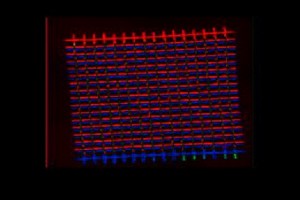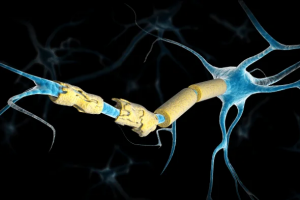Using Neurofeedback as a Means of Treating Feelings of Self-Blame in Depression
New research from the Institute of Psychiatry, Psychology & Neuroscience (IoPPN) at King’s College London has suggested that using neurofeedback to address self-blame in people experiencing non-anxious major depressive disorder (MDD) can help to lessen key symptoms.
Functional MRI (fMRI) neurofeedback provides individuals with a visual representation of their brain activity, giving participants information which would otherwise be outside of their awareness. A magnetic field is placed around a participant’s head, allowing investigators to read the blood flow signals emitted by the brain.
During the course of three sessions completed by 35 participants, they were asked to try and tackle their feelings of self-blame while thinking about personal memories. They were asked to select from a list of possible strategies such as thinking about why they might not have been able to control the outcome, or be responsible for the outcome of an event, or to think about being forgiven by a specific person or forgiving themselves. The neurofeedback gives the individual an indication of which of these strategies has the best chance of changing their brain signals in the desired way.
“What needs further investigation, however, is that the neurofeedback was not found to be more effective than the simple psychological intervention.” The researchers suggest that the existence of sub-types of depression could be the reason why. Patients with non-anxious depression found that neurofeedback was much more effective at reducing their depressive symptoms, while those with anxious distress, a newer sub-type that has had little research conducted into it, responded better to solely psychological interventions.





Related Posts